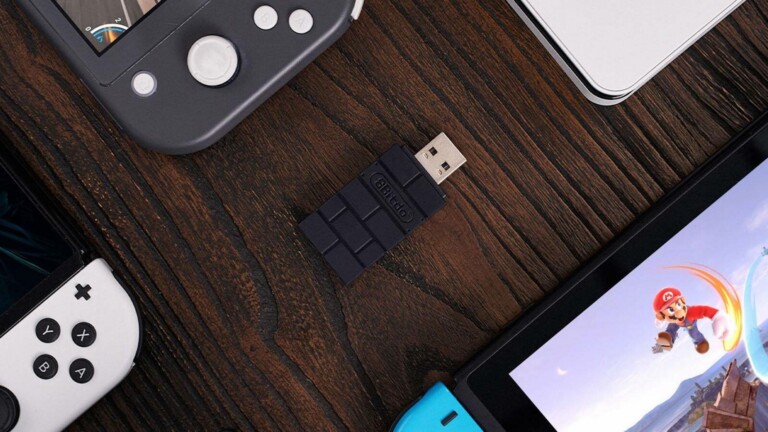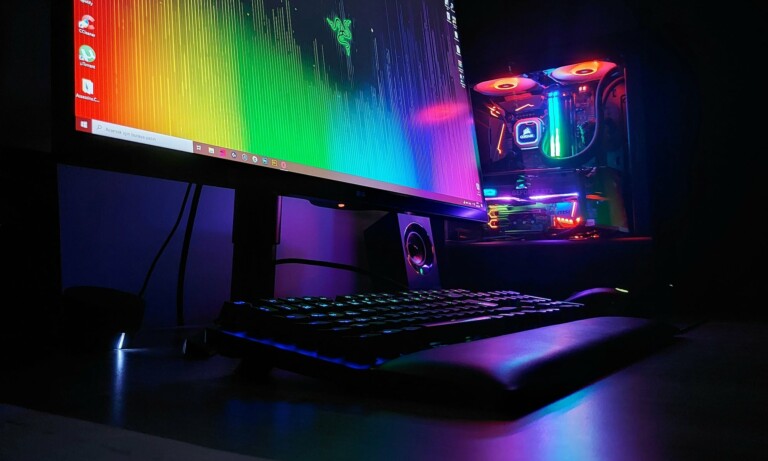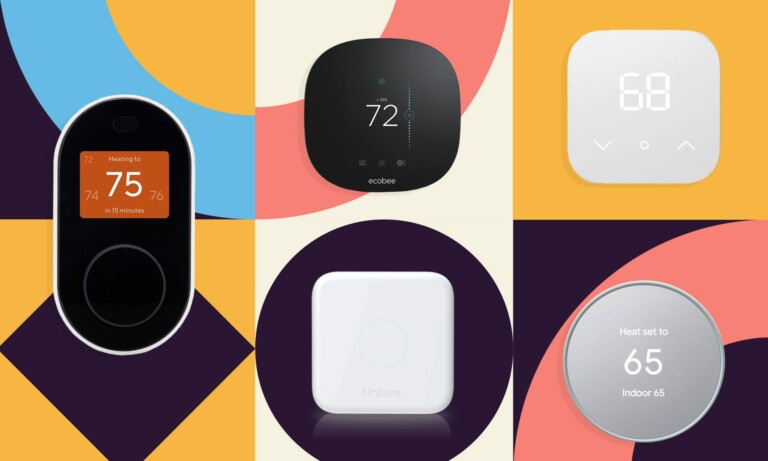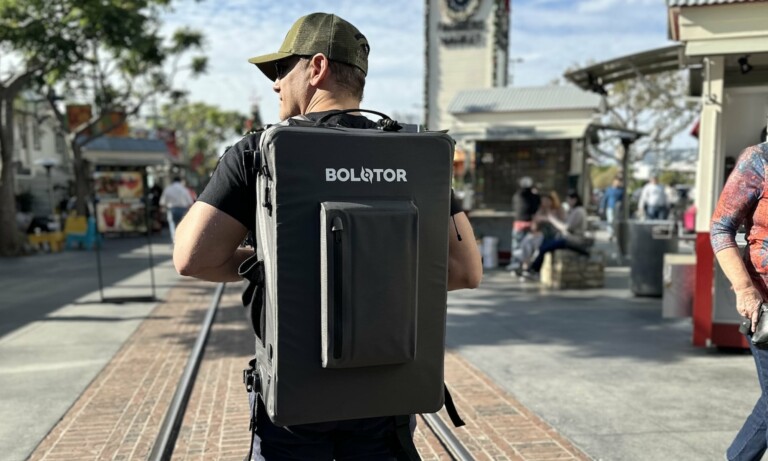How gaming moved from big consoles to pocket screens
As mobile gaming continues to surge in popularity, traditional home consoles are starting to look like relics of a bygone age.

- On the face of it, console games seem to be as popular as ever. The latest installment of the Call of Duty series is already causing excitement.
- In addition, Nintendo’s sales figures are rocketing thanks to the popular Switch console.
- But the long-term trend points toward mobile gaming. In fact, mobile gaming sales are now worth more than the console and PC markets combined.

From big consoles to pocket screens
Every gamer has a different backstory. Some of us were educated by Tekken and Gran Turismo. Others will have cut their teeth on the original Super Mario Kart or Street Fighter. Younger players will probably have trained with Halo and Wii Sports. The one thing that unites us all is that we learned to play on home consoles. But that might not hold true for much longer. Mobile gaming is slowly demolishing the monopoly once held by the big consoles. Here’s the story of how it happened and where the industry is headed.

The PS4: a dying breed?
The death of big consoles
Back in August 1972, the world of entertainment changed forever. That month marked the release of the Magnavox Odyssey.

The first ever home console (Credit: Jesmar on Wikimedia Commons)
The Odyssey was the first ever game console designed to be played at home. Only 350,000 units were ever sold, and production ceased just three years later. But by that time, Magnavox had already fired the starting gun on a revolution.
In the following decades, home gaming grew from a niche hobby into a mainstream obsession. Sales hit an all-time high in 2008, when 89.23 million consoles were sold around the world.

The Nintendo Switch has provided a small revival
But times are changing. Apart from a slight uptick in 2017, caused by the arrival of the Nintendo Switch, sales of home consoles have been falling year after year. The trend suggests that we are falling out of love with gaming — but nothing could be further from the truth.
Mobile uprising
It’s no coincidence that console sales have fallen as smartphones and tablets have become more powerful. No longer can the most popular titles be found in your local games shop. Instead, you will find them topping the charts of the App Store.

This is how younger gamers are playing
In part, this can be attributed to our changing tastes. In this world of instant gratification, many of us turn to time-wasters like Angry Birds and Clash of Clans.
But let’s not underestimate the quality of mobile RPGs, simulations and sports titles. In fact, every major genre is now represented in some form. With each passing year, the graphics improve and so do the storylines.
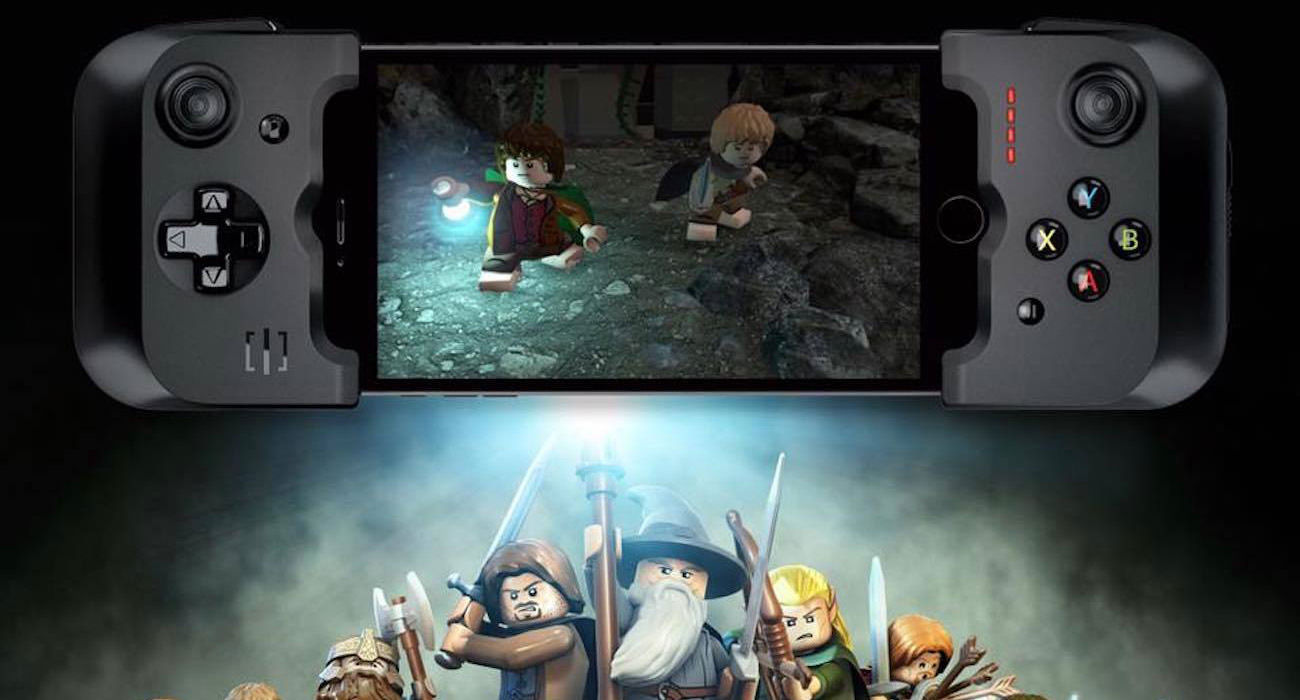
That’s Lego LotR on your phone
Given the quality now available on mobile platforms, it makes sense that many people no longer feel the need to purchase a big console. Why stump up so much cash when the device in your pocket offers a superb experience? Furthermore, mobile games tend to be more social. No wonder the next generation of gamers prefers Vainglory over any PS4 title.
[tweet_box]The next generation of gamers prefers Vainglory over any PS4 title.[/tweet_box]
You can’t even complain about touchscreen controls any more. Accessories such as the Kanex GoPlay Sidekick and the Gamevice Mobile Controller allow you to add buttons and joysticks to your mobile devices, bringing back that physical feedback.

Physical controls, at last
Future direction
With so many positives stacked in favor of mobile gaming, it would be logical to conclude that bulky home consoles may be dying. In the long run, that will probably happen. Gone are the days when graphics and major franchises alone will guarantee sales. But the Nintendo Switch has recently proven that there is still an appetite for home consoles — as long as they offer something new.
Mobile gaming will probably win in the end. But don’t count out the big consoles just yet.

Your inbox is missing this newsletter!
*When you sign up, expect newsletters, promotions, and agree to our Terms of Use, acknowledging our Privacy's data practices.

